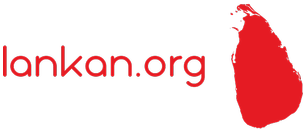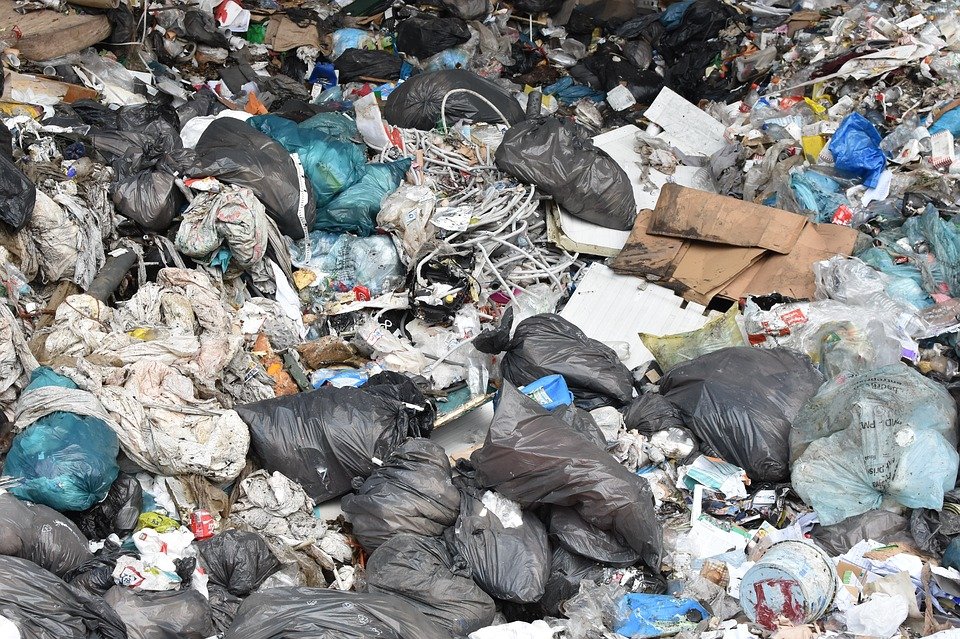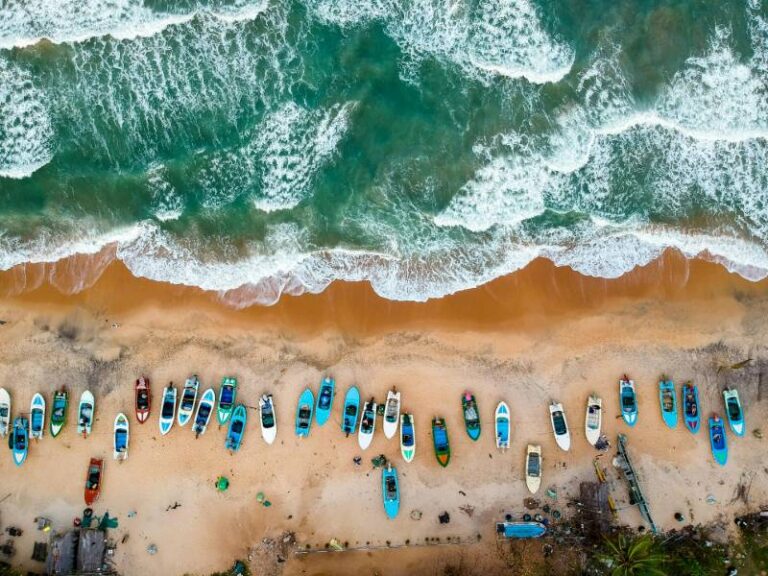In a significant stride towards mitigating environmental degradation, Sri Lanka is poised to implement a nationwide ban on the free distribution of polythene shopping bags, effective November 1, 2025. This pivotal policy shift, confirmed by the government to the Supreme Court on Wednesday, October 1, 2025, marks a decisive escalation in the island nation’s ongoing battle against pervasive plastic pollution in Sri Lanka.
The latest directive mandates that supermarkets and other retail outlets will be required to charge customers for shopping bags from the beginning of next month. This move is anticipated to fundamentally alter consumer habits and significantly reduce the sheer volume of single-use polythene bags that have long plagued Sri Lanka’s natural landscapes and urban environments.
The Supreme Court’s Mandate and Environmental Advocacy
The government’s commitment to this ban was presented during the hearing of a fundamental rights petition lodged by the Centre for Environmental Justice (CEJ). The CEJ had ardently argued for stronger legislative and enforcement measures to curb plastic use, highlighting the detrimental environmental impact of unchecked polythene distribution. The petitioners had previously raised concerns that authorities had failed to act on an agreement made in March 2024 to impose a levy on shopping bags. Following the government’s assurance that a gazette notification would be issued to effect the ban, the Supreme Court concluded its hearings on the case.
This legal intervention underscores the critical role of environmental advocacy groups in holding authorities accountable and pushing for tangible policy changes. The transition from free bags to a mandatory charge represents a practical mechanism to internalize the environmental cost of plastic, thereby discouraging its casual use and encouraging consumers to adopt reusable alternatives.
A Legacy of Bans: Sri Lanka’s Persistent Plastic Challenge
Sri Lanka has a history of proactive legislative measures aimed at curbing plastic pollution, with various bans introduced over the past two decades. The journey began in January 2007 with a prohibition on polythene less than 20 microns. Subsequent years saw an expansion of these restrictions; in 2017, the scope broadened to include thin polythene bags, and by 2021, items such as sachets, inflatable toys, and plastic-stemmed cotton buds were added to the prohibited list. Most recently, October 2023 witnessed a ban on nine more single-use plastic (SUP) items, including straws, stirrers, cups, plates, and string hopper trays.
Despite these commendable regulatory efforts, the effectiveness of previous bans has often been hampered by challenges in implementation and enforcement. Reports indicate that banned plastic items continue to be found in markets due to factors such as the availability of poor-quality alternatives, persistent consumer demand, and insufficient enforcement mechanisms.
The Staggering Scale of Plastic Waste
The urgency behind these new measures is highlighted by the alarming statistics of plastic waste generation in Sri Lanka. The nation produces over 1.6 million metric tonnes of plastic waste annually, with approximately 70% categorized as single-use plastics. A significant portion of this — an estimated 171,561 tonnes or about 69% of the country’s annual plastic waste remains unmanaged, frequently ending up in landfills, being incinerated, or leaking into vital ecosystems, including the ocean. This unmanaged waste contributes to severe environmental problems, from blocked drains that foster disease vectors like dengue mosquitoes to the degradation of pristine beaches crucial for the tourism industry.
Towards a Circular Economy: Beyond Bans
Recognizing that bans alone are insufficient, Sri Lanka is also exploring broader strategies to tackle plastic pollution. The country is actively pursuing Extended Producer Responsibility (EPR) initiatives, which aim to hold manufacturers and importers accountable for the entire lifecycle of their plastic products, thereby promoting better design and take-back systems. The Central Environmental Authority (CEA) has announced plans for new laws requiring companies to collect plastic packaging after use, fostering a closed-loop waste management system.
The “National Action Plan on Plastic Waste Management 2021–2030” outlines ambitious goals, including an 80% reduction in problematic single-use plastics and an 80% collection and recycling rate of all plastic waste by 2025. Furthermore, global partnerships are contributing to local efforts. In April 2025, the United Nations Development Programme (UNDP) and The Coca-Cola Foundation launched a $1.1 million project to establish a comprehensive plastic waste management framework in seven local authorities within the Colombo District.
Awareness campaigns also form a crucial pillar of the strategy. World Environment Day 2025, observed on June 5, saw Sri Lanka launch a “National Environment Week” under the theme “Let’s End Pollution Caused by Plastic,” promoting the “5Rs” (Rethink, Refuse, Reduce, Reuse, and Recycle) among the public.
The Road Ahead: Enforcement and Public Participation
While the impending ban on free polythene shopping bags from November 1, 2025, marks a critical and timely intervention, its success will heavily depend on robust enforcement and widespread public cooperation. The Ministry of Environment had previously proposed a levy or surcharge on disposable bags in August 2025, recognizing that a floor price alone was insufficient and that charging for bags had proven successful in other nations.
The challenge for Sri Lanka now lies in translating policy into consistent practice, overcoming the hurdles of illegal imports and production, and fostering a societal shift towards truly sustainable consumption. This latest measure is not just about banning an item; it’s about reshaping a mindset and demonstrating a stronger national commitment to environmental stewardship. As Sri Lanka steps into this new phase of plastic regulation, the collective effort of the government, businesses, and citizens will be paramount in achieving a cleaner, greener future.
















